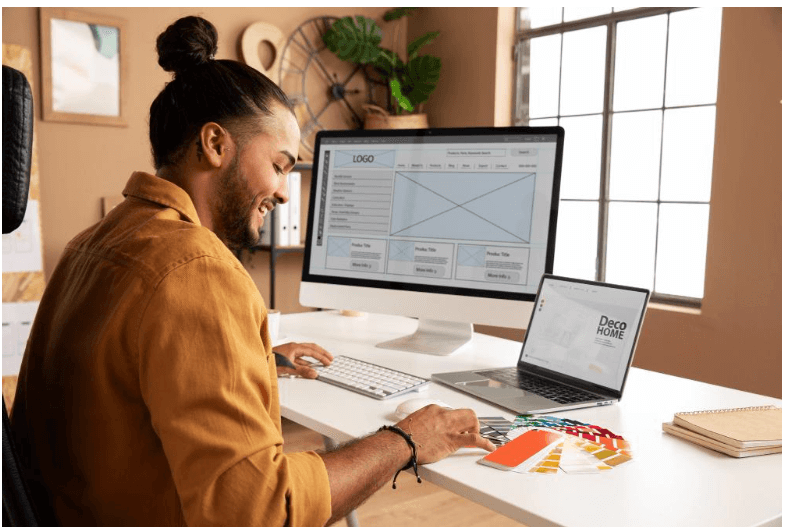
How to Define the Difference Between PHP Framework and Core PHP Development
As you may be aware, the difference between a traditional PHP application and a framework lies in the way it is architected and designed. A framework is more loosely designed and is more flexible in how it is used. On the other hand, a PHP application is more tightly designed and executed. The reasons why a framework can be considered “better” than a traditional PHP solution are twofold: first, it allows more flexibility in the way it is used, and second, it can be used with less proficiency in PHP programming. Here’s why you need to know the difference between the two.
When a website is being designed, a developer works with the specifications of the client to come up with a site that is aesthetically pleasing as well as functional. The framework that the developer uses is essentially the skeleton of the site and allows the creative developer to add in elements that make the site appealing and unique. The framework that is used on the client side of the equation refers to how the data will be displayed within the pages of the website. It is this that separates the two concepts.
A PHP framework is what most web developers think of when they hear “PHP.” Often, people think of an open source software program used by programmers around the globe. While that is certainly the case with some frameworks, most PHP developers are not strictly web developers. Regardless, of the way a developer chooses to code in PHP, he or she will still be using a PHP framework.
In order to truly understand what a framework is, you must take it on its literal meaning. Simply put, a PHP framework is a group of code libraries and utilities that are provided to developers who are working on PHP based applications. These developers use the framework’s functionality in order to build their own applications. Each individual developer will opt for a framework that suits his or her needs best. This means that each developer has made his or her own decision regarding which framework will best meet their needs.
Now, take a look at the PHP code. You’ll quickly see that there is a great deal of repetition in the code. This is because developers have traditionally created PHP applications by adding in pieces one at a time. The result was often spaghetti-like code. Thanks to developers who took a step back, and started making each piece a module, PHP development has been simplified to where each module can be independently developed and used.
The PHP framework is known for being extremely customizable. It is also highly flexible, which allows an author to craft specific designs that work well together. A developer can use the framework to create unique applications or customize an existing one. For example, a designer can use a pre-existing framework to create a shopping cart feature on a website.
However, PHP isn’t for everyone. If you are a beginner, you may want to start with other programming languages such as Java, C, JavaScript, etc. Even though many web developers have moved onto PHP due to its inherent advantage over other languages, the fact is that it still takes a significant learning curve. This is because it’s not a one-size-fits-all language. Even web developers who have spent years using other languages find that there are still new syntax rules and coding structures that they need to learn. While PHP offers a solid foundation, it also presents new opportunities for web developers to explore and create their own custom-made applications.
PHP is no doubt an extremely versatile language. It is capable of performing various functions and is a flexible framework with a strong support for object-oriented programming. However, web developers need to carefully consider which framework is the best choice for their projects and whether or not the different frameworks provide the experience and convenience they need.
Trending











